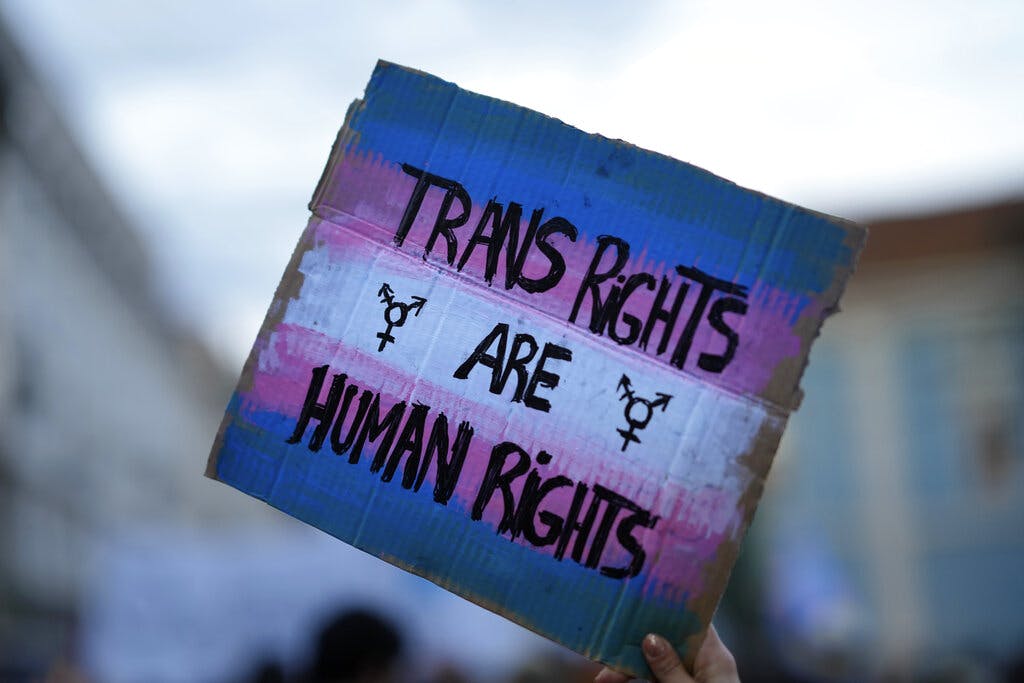San Francisco To Test Basic Income Program for Transgender Residents
The program will begin as an 18-month pilot with the possibility of renewal in 2024. The city has previously offered basic income programs to struggling artists and pregnant women of color.

San Francisco will soon roll out a novel basic income program targeting a very narrow subset of the city’s 800,000 residents — transgender people.
The city’s Guaranteed Income for Transgender People program is accepting applications and plans to begin sending out cash payments in January. The program, known as GIFT, will grant $1,200 a month via debit card to 55 low-income individuals at San Francisco who self-identify as transgender.
The program distributes taxpayer dollars to participants as a basic income without requiring employment, an idea that gained traction during the 2020 election when a Democratic candidate, Andrew Yang, championed a so-called universal basic income of $1,000 for all Americans. Dozens of small-scale tests of the idea now exist in municipalities across the country, with leaders joining together in a consortium known as Mayors for a Basic Income.
According to the city’s budget, San Francisco will spend about $1 million in taxpayer funds on the program in its first year.
“We know that our trans communities experience much higher rates of poverty and discrimination, so this program will target support to lift individuals in this community up,” Mayor London Breed said in a statement.
According to a study by the Williams Institute at UCLA, the transgender population has a higher instance of poverty. The study found that 29 percent of transgender individuals live below the poverty line, compared with 15 percent of the cisgendered population.
Few strings are attached to the money — spending is not reported or monitored — but participants may be required to complete surveys every three months. Ms. Breed said the program would help provide “a range of wrap-around direct services, such as gender affirming medical and mental health care, as well as financial coaching.”
Applicants must make no more than $600 monthly, but once approved they can remain in the program if they earn up to $4,000 per month.
GIFT will “prioritize” applicants of color, homeless applicants, and “legally vulnerable candidates.” Legally vulnerable candidates include prostitutes — those “engaging in survival sex trades” — and formerly incarcerated individuals. Prostitution is illegal in California.
Citizenship is not a requirement for the program, according to its website, which states that undocumented immigrants are eligible to participate and also qualify for priority enrollment.
GIFT’s application lists more than 90 gender identities an applicant can choose from. Applicants unable to provide proof can sign a document to attest that they live at San Francisco.
The program will be administered jointly by the city, a transgender advocacy group, The Transgender District, and a gender reassignment clinic, Lyon-Martin Community Health Services, which also provides social services to transgender individuals.
A budget for the Mayor’s Office of Housing and Community Development includes a $200,000 grant to an organization that provides shelter and social services to sex workers, the St. James Infirmary, for the GIFT program. The St. James Infirmary, however, is not listed on the GIFT website.
The program will begin as an 18-month pilot with the possibility of renewal in 2024. The city has previously offered basic income programs to struggling artists and pregnant women of color.

